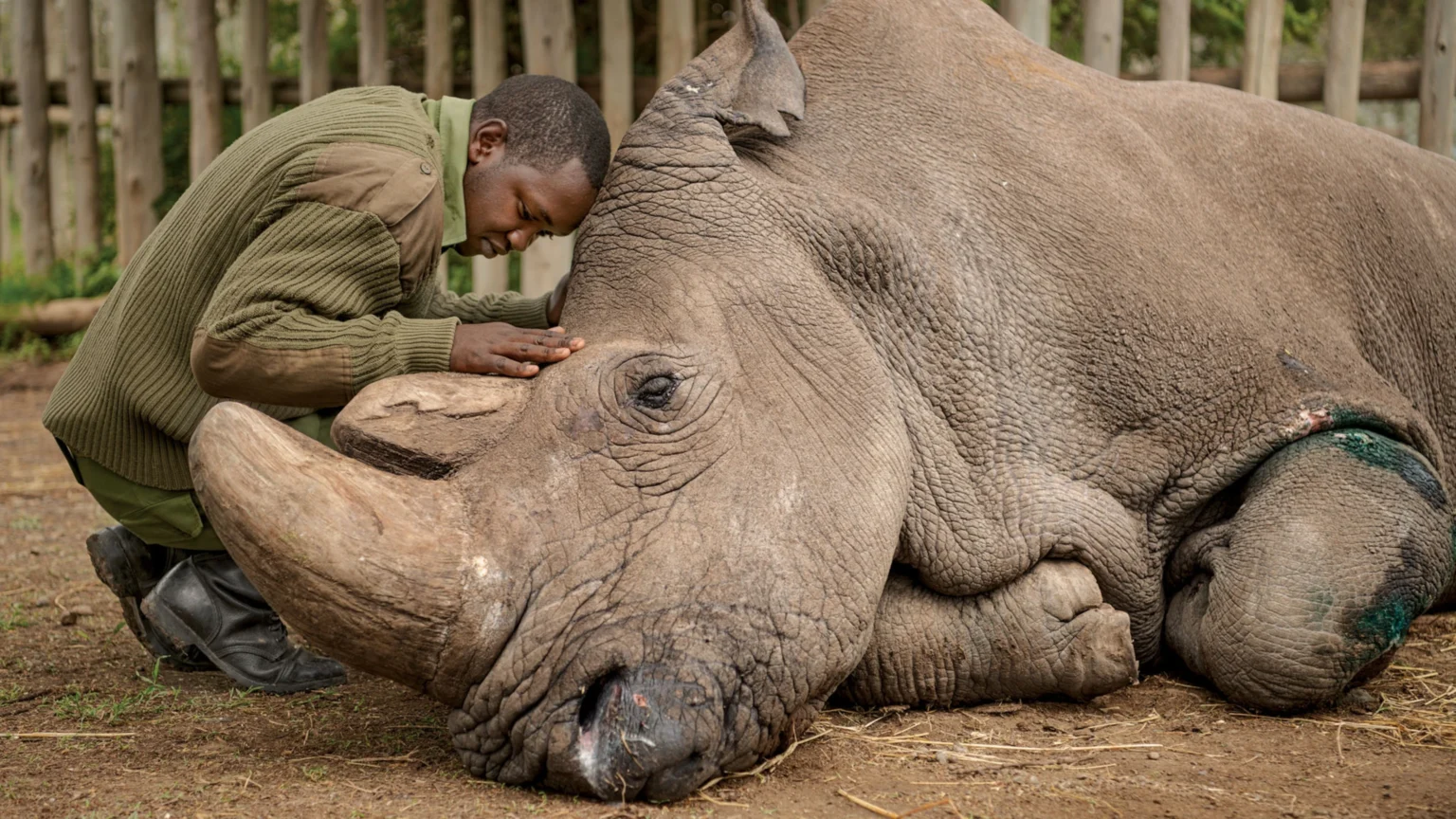- The African rhino horn earns a potential US$200 million every year with the black market price hitting US$20,000 per kilogramme
- Rhino horns are used to allegedly reduce hangovers and high fever, detoxify the body, and as a form of beauty through jewellery making
- A legal rhino horn supply would make it difficult for illegal traders and poachers to match the quality in the market.
The African rhino horn goes for US$20,000 per kilogramme which is leading to the international market for illegal wildlife products continually threatening Africa’s iconic species.
Ivory and rhino horn has turned elephants and rhinos into commodities with a high demand for the products in the market. The highly technologized, multibillion-dollar poaching industry continues to advance as demand increases. New technology to kill animals, intelligence and transportation and exportation avenues continue to emerge.
Rhino poaching in Africa
RhinoAlive says that the trade-in rhino horn raises a potential US$200 million every year. In the black market, African rhino horns go for US$20,000 per kilogram
Read: Africa’s cannabis market to hit US$7.1 billion by 2023
Demand for rhino horns in Asian markets, especially in China and Vietnam, has pressured the remaining rhinos to the verge of extinction. In the last decade, poachers killed roughly 10,000 rhinos in Africa. At the beginning of the 20th century, the population of rhinos in Africa and Asia was nearly 500,000. However, the African Wildlife Foundation says that the population has decreased to less than 30,000 rhinos in 2020.
Rhino horns are used to reduce hangovers and high fever, detoxify the body, and as a form of beauty through jewellery making.
In 2020, the northern white rhino went extinct as the last remaining male died in Sudan and the two remaining females were too old to reproduce.
Challenges facing the fight against rhino poaching
There have been low detection facilities at entry and exit points in and out of Africa. Illegal traders are changing the way the park wildlife products are transported.
One of the ways is crashing the rhino horn into powder form or processing them into beads to decade the custom authorities.
Read: Carrying on the heritage of Sudan, the world’s last male white rhino
Poor wildlife crime awareness in itself limits concrete enforcement of wildlife policies. Wildlife criminals escape through weak legislation and uneven enforcement of laws in some African countries.
Insufficient resources, poor international legal cooperation, and institutional inadequacies also limit the process of investigation into this illegal trade market.
Possible solutions to rhino poaching.
African Wildlife Foundation together with other concerned stakeholders has come with ways to combat this illicit trade:
- Introduction of sniffer dogs to catch wildlife criminals.
- Microchipping rhino horns and ivory to detect them in exit points, airports, and travel routes.
- Certification and permit issuance to legal traders in rhino horn to prevent laundering.
- Educating consumers on the negative effects of rhino poaching.
Streamlining wildlife crime prosecution, law enforcement, and investigations across African states will help ease the prosection process of wildlife poachers.
To halt the rhino poaching crisis, RhinoAlive suggested that legalizing rhino horn trading would combat rhino poaching, but experts still believe that alone will not save the rhinos from poaching.
A legal rhino horn supply would distribute better quality to the consumer market with more efficiency and reliability. This would consequently make it difficult for the illegal traders and poachers to match the quality in the market.
Opponents to legalization have argued that a legal trade will remove the stigma around using rhino horns and hence increase the demand exponentially.
RhinoAlive said that South Africa already had a large stock of rhino horns from natural deaths and dehorning. the country saved the rhino from extinction and has built up 93 per cent of the world’s rhinos herds.
A study by The Conversation shows that consumers prefer and are willing to pay more for rhino horns from wild and semi-wild environments to captive-bred rhinos who they perceive as “farmed”. Furthermore, they believe that wild rhino horns have better medicinal efficacy than farmed ones.
The study has proved a major challenge to the legalizing process as a way of combating rhino poaching.
Read: When bulls fight…Kenya – Tanzania border woes
